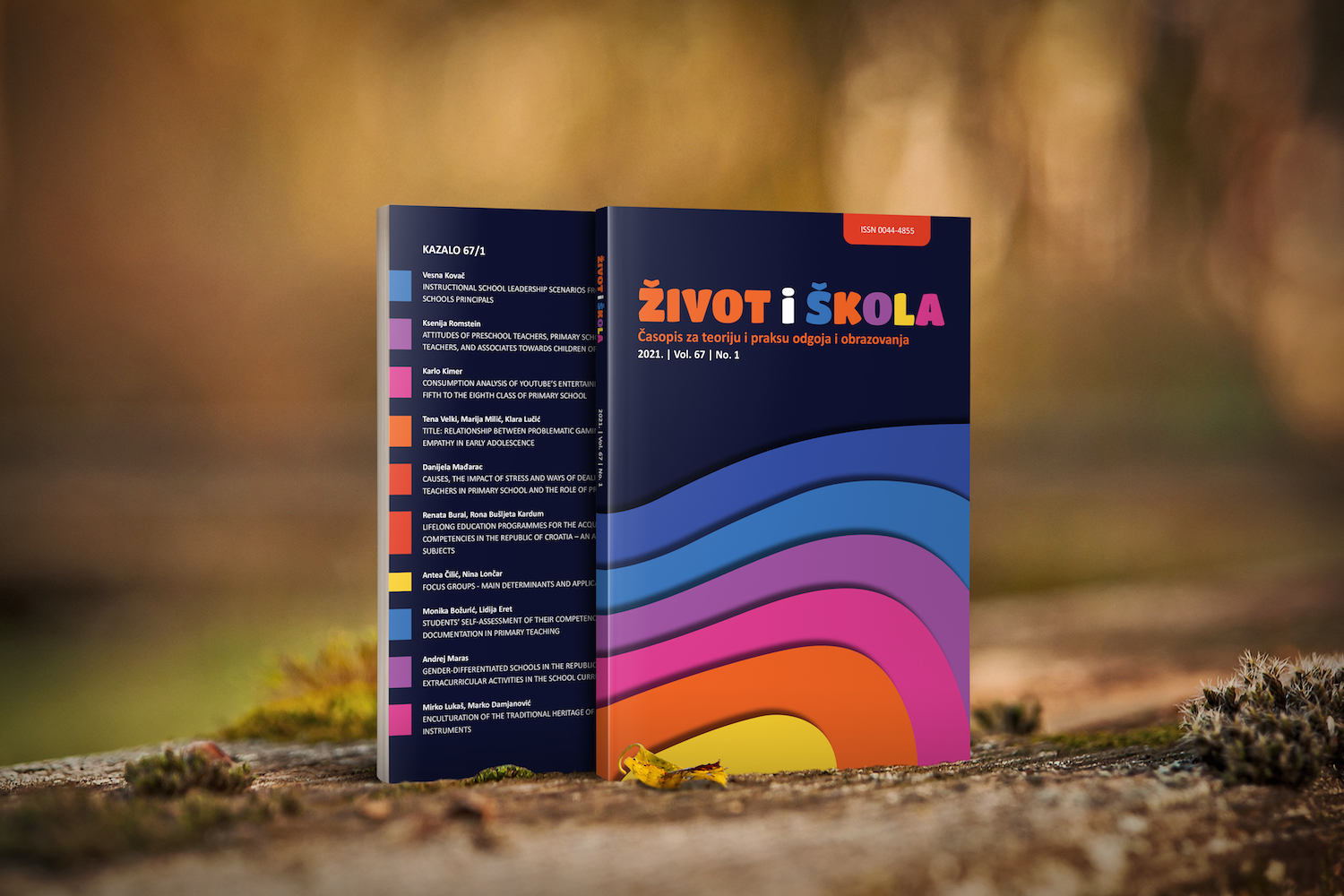ACCESSIBLE AND INCLUSIVE RESEARCH WITH PEOPLE WITH DISABILITIES
Keywords:
accessible research design, inclusive research design, people with disabilitiesAbstract
The rights of persons with disabilities are guaranteed by the UN Convention on the Rights of Persons with Disabilities (CRPD), which protects their full and equal participation, their freedom of expression and decision-making, and their active participation in the creation of an accessible social environment and research on them. The human rights approach to persons with disabilities was developed on the basis of the social model, the Disability Movement, and Disability Studies.
This paper presents the theoretical principles of the human rights approach and its practical implementation through concrete examples of inclusive and accessible research design for persons with disabilities. The principles of inclusive research are presented using the different levels of participation and the active role of persons with disabilities in the research design. Accessible research design means concrete suggestions for adapting research documents, approaches and communication with people with disabilities, as well as examples of assistive technologies for people with different types of disabilities. The types of disabilities included through accessibility proposals include people with physical disabilities and chronic diseases, visual and hearing impairments, intellectual disabilities, learning disabilities, ADHD and autism spectrum disorder.
This paper presents the basic principles of accessible and inclusive research design that should be considered together as ethical standards for research with people with disabilities.
These ethical standards should be integral to any research that focuses on or includes people with disabilities, which is not yet the case in research practice.


